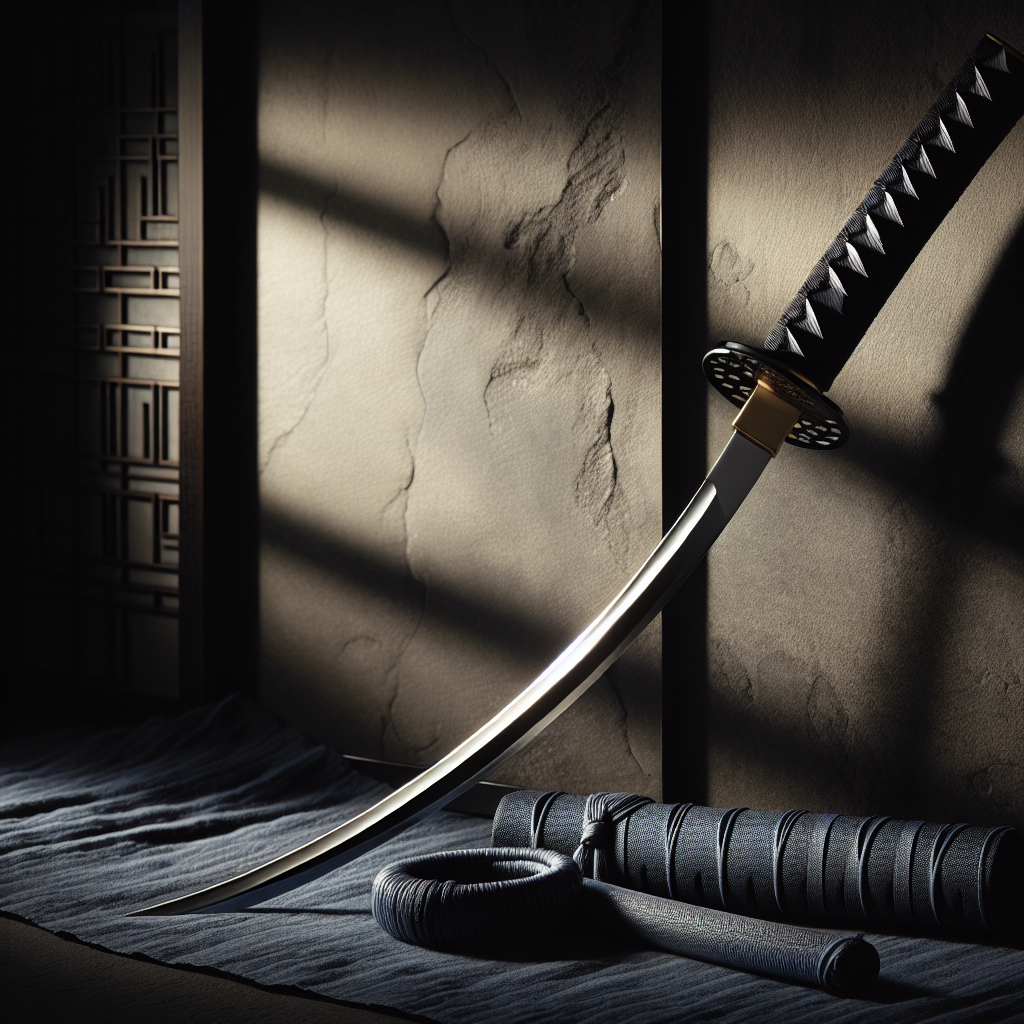
Are Fake Katanas Legal? Navigating the Complex World of Replica Swords in the UK
There’s something undeniably captivating about the katana—the sleek curve of the blade, the whispered history of samurai honor, and the artistry forged into every inch. For collectors, martial artists, or enthusiasts, owning a katana can feel like holding a piece of living history. But what about fake katanas? Can you legally own or carry one in the UK, or does the law draw a hard line between admiration and offense? Let’s explore the delicate dance that is UK katana law.
The Appeal and Reality of Replica Katanas
So, what exactly do we mean by a “fake katana” or “replica katana”? These terms usually describe swords that mimic the iconic look of traditional Japanese blades but are mass-produced—often cheaply—without the authentic craftsmanship. Some are purely decorative, others are used for cosplay, and a few serve as martial arts training tools.
Despite their charm, these modern replicas don’t always enjoy the same level of respect under the law as genuine, traditionally made katanas. Authentic katanas often hold cultural and historical significance, which influences how UK laws treat them. This difference is crucial because it affects what’s legal to own, buy, or carry.
UK Katana Law: Balancing Tradition and Public Safety
The UK has strict weapons laws, especially regarding swords. The main goal is to keep the public safe by preventing dangerous weapons from ending up in the wrong hands or being used aggressively. Katanas, with their sharp blades and reputation, naturally fall under close scrutiny.
Here’s the tricky part: many replica or fake katanas are considered offensive weapons. This classification means you cannot legally carry them in public, and there are limits on their sale and ownership. However, the law is not entirely black and white—it considers several factors:
- Blade Length: Swords with blades longer than a certain size face tighter restrictions.
- Purpose: Whether the sword is decorative, ceremonial, or intended for combat or self-defense.
- Blade Sharpness: Blunt swords generally have fewer legal restrictions than sharpened ones.
In practice, a fake katana meant solely for display—like a blunt, decorative piece—may be legally owned. But a sharp or “real-feeling” replica is typically banned from public carrying and harder to buy legally.
Why Are Replicas Treated More Harshly Than Real Katanas?
It might seem like an authentic katana, tied to centuries of tradition, would face tougher laws. Interestingly, authentic traditionally crafted Japanese swords can sometimes qualify for legal exemptions. These usually require proof of authenticity and often fall under specific licenses, especially for collectors or cultural use.
Mass-produced fake katanas don’t get this benefit. Because they’re easier to make and more common, there’s a bigger risk they’ll be misused or involved in illegal activity. That’s why UK law often treats replicas more strictly.
What Buyers Need to Know Before Purchasing
If you’re thinking about buying a replica katana, caution is key. Buying swords online or from unauthorized sellers carries risks:
- Legal Trouble: Owning, buying, or carrying an illegal offensive weapon can lead to hefty fines or imprisonment.
- Low Quality: Many fake katanas are cheaply made and can be unsafe to handle.
- Public Safety Issues: Even legal swords can cause trouble if brought into public spaces, where they might be mistaken for real weapons.
Reputable dealers usually clarify if their swords are blunt, decorative, or suitable for training, and they confirm compliance with UK laws. When uncertain, it’s always safer to err on the side of caution.
Celebrating the Katana Without the Legal Risks
If the idea of owning a real or replica katana feels too complicated or risky, don’t worry—there are creative ways to honor the katana’s legacy safely.
For example, enamel pins designed with authentic Japanese-inspired katana designs offer a stylish, risk-free way to celebrate this iconic sword. These small, artistic pieces capture the elegance and spirit of the samurai sword without any legal or safety concerns.
One standout example is Signum’s Samurai Sword Enamel Pin. This tasteful accessory lets you show your love for the rich tradition of the katana, all while staying clear of legal troubles. A pin like this makes a sharp style statement—without needing a sharp blade.

You can explore this subtle yet meaningful alternative here: https://signumstore.com/products/samurai-sword-enamel-pin-katana-design
Final Thoughts: Owning or Carrying a Fake Katana in the UK
To wrap up, the legality of fake katanas in the UK isn’t a simple yes or no. It’s more like walking a tightrope between cultural respect, public safety, and the specifics of the sword itself. Blunt, decorative replicas are usually safe to own, but carrying any sword—real or fake—in public carries serious legal risks.
If you want to keep a piece of katana heritage close without the hassle, consider alternatives like enamel pins that honor the samurai spirit stylishly and safely.
After all, sometimes the sharpest statement isn’t made by wielding a blade but by wearing a symbol that tells a story.
---
For a subtle yet impactful way to celebrate the iconic katana, check out Signum’s Samurai Sword Enamel Pin: a design that honors tradition while staying comfortably within the bounds of UK weapon legality.
https://signumstore.com/products/samurai-sword-enamel-pin-katana-design
Can I legally own a fake katana in the UK?
Yes, you can legally own a fake katana in the UK if it is a blunt, decorative piece meant solely for display. However, carrying it in public is usually prohibited due to offensive weapon laws.
Why are replica katanas treated more strictly under UK law than authentic ones?
Replica katanas are mass-produced and more common, increasing the risk of misuse or illegal activity. Authentic traditionally crafted katanas often have legal exemptions with proof of authenticity and licenses, which replicas typically lack.
What should I consider before purchasing a replica katana?
Before buying, consider the legal risks, the quality of the sword, and public safety concerns. It's important to buy from reputable dealers who clarify if the sword is blunt, decorative, or suitable for training and who comply with UK laws.

